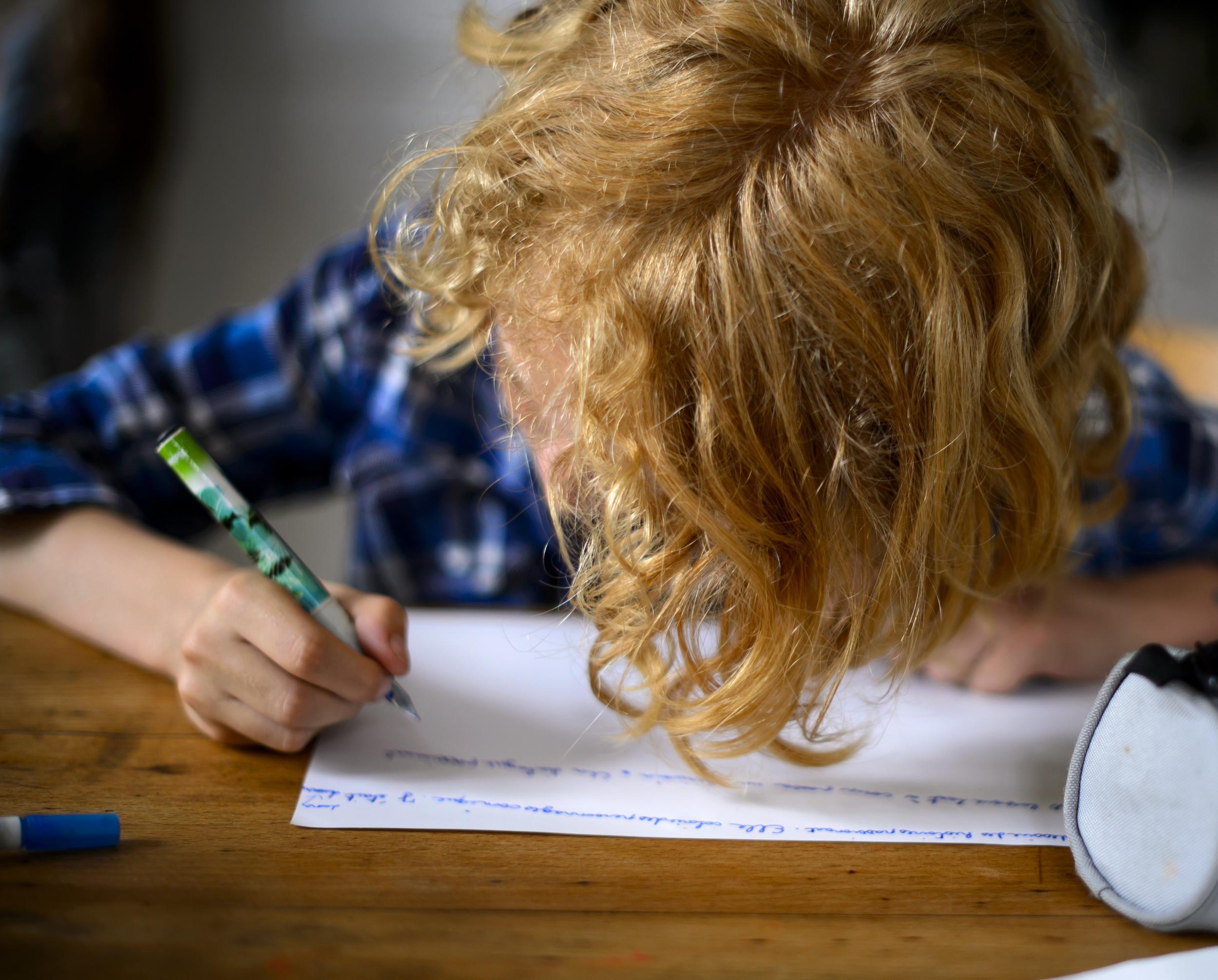Children in foster care do better at school
A new study suggests children in foster for more than a year get GCSE results that six grades higher than vulnerable children who stay with their families

Your support helps us to tell the story
From reproductive rights to climate change to Big Tech, The Independent is on the ground when the story is developing. Whether it's investigating the financials of Elon Musk's pro-Trump PAC or producing our latest documentary, 'The A Word', which shines a light on the American women fighting for reproductive rights, we know how important it is to parse out the facts from the messaging.
At such a critical moment in US history, we need reporters on the ground. Your donation allows us to keep sending journalists to speak to both sides of the story.
The Independent is trusted by Americans across the entire political spectrum. And unlike many other quality news outlets, we choose not to lock Americans out of our reporting and analysis with paywalls. We believe quality journalism should be available to everyone, paid for by those who can afford it.
Your support makes all the difference.Foster children do better in school than their peers in other forms of social care, a new study has shown.
The joint study by the University of Oxford and the University of Bristol found that children who live with foster parents did better than those who remained with their own families with social worker support.
Researchers found that children living with foster families gained GCSEs that were at least six grades higher on average - with students performing better the longer they were in care.
The research - which was funded by education charity, the Nuffield Foundation - studied the GCSE results of over 620,000 pupils across England.
Of these students 13,599 were living at home with their families but deemed "in need" of support from social workers and 4,849 who had been living in care for at least a year.
They also interviewed 26 young people in six local authorities across the country about their educational experiences.
David Berridge, Professor of Child and Family Welfare at the University of Bristol, said: "In interviews, young people said they could only do well at school once they felt safe and secure, that they mattered to someone and that their birth families were also being supported.
“If all this was in place then teachers could help them make progress. Carers, teachers and social workers need to work together to achieve this."
Children’s minister Edward Timpson MP said: "As someone who grew up with over 90 fostered brothers and sisters, I’ve seen first-hand just how education coupled with a stable home environment can transform the lives and futures of some of our most vulnerable children."
Join our commenting forum
Join thought-provoking conversations, follow other Independent readers and see their replies
Comments